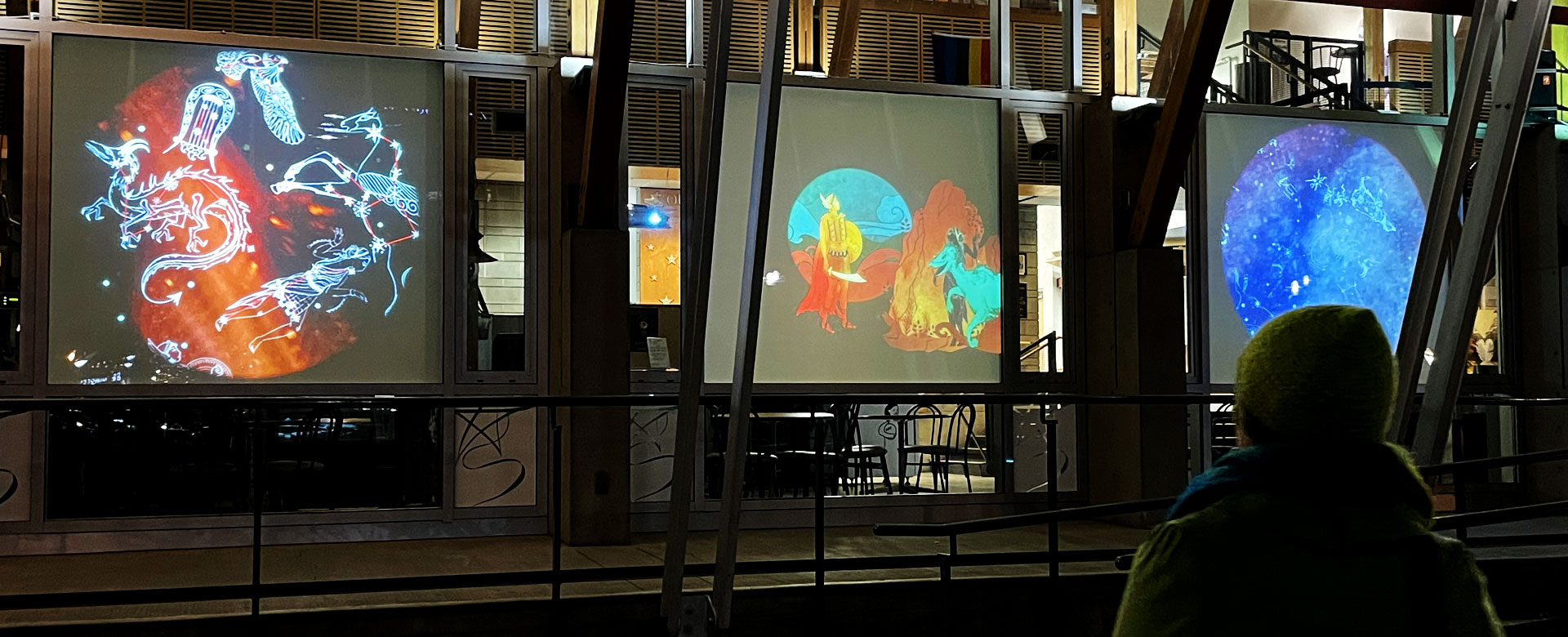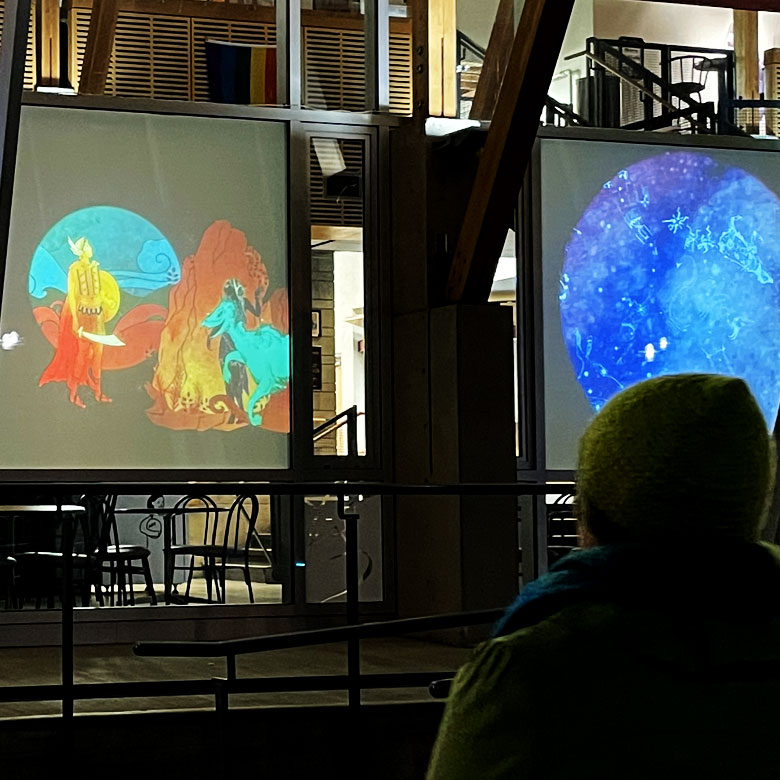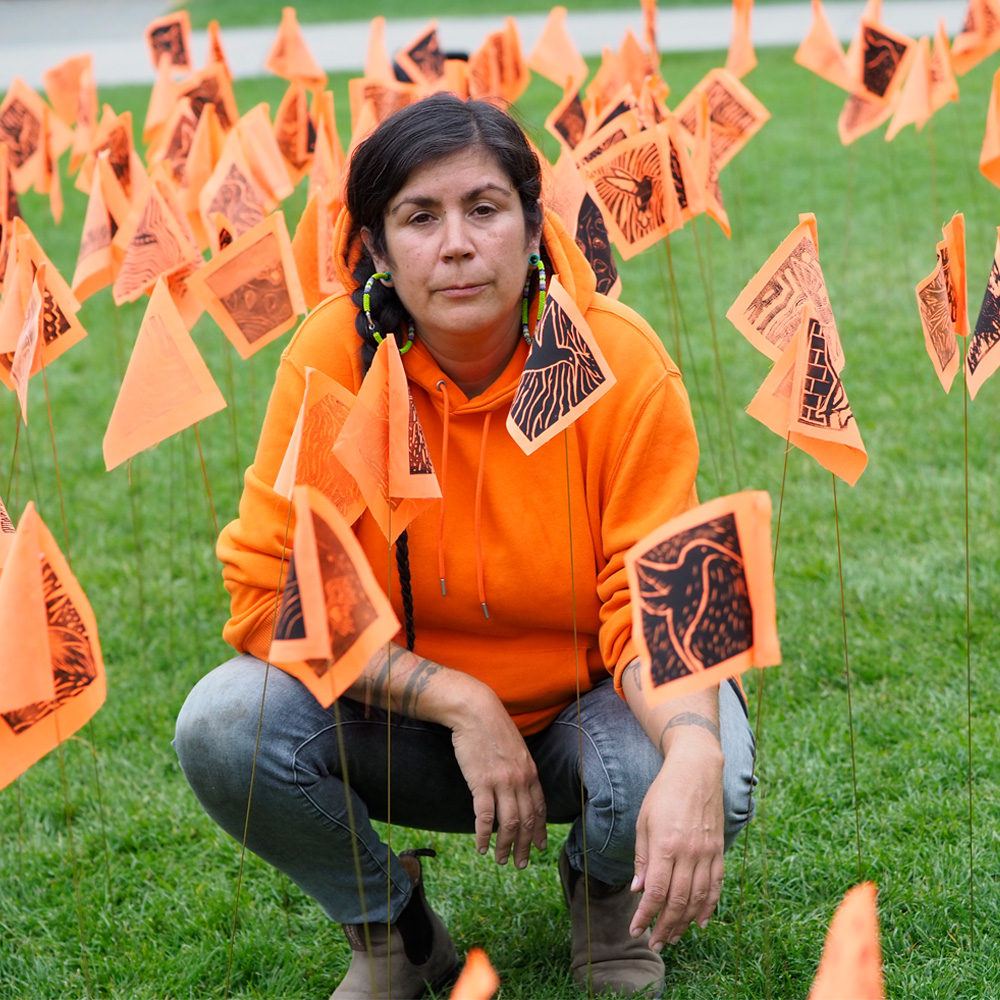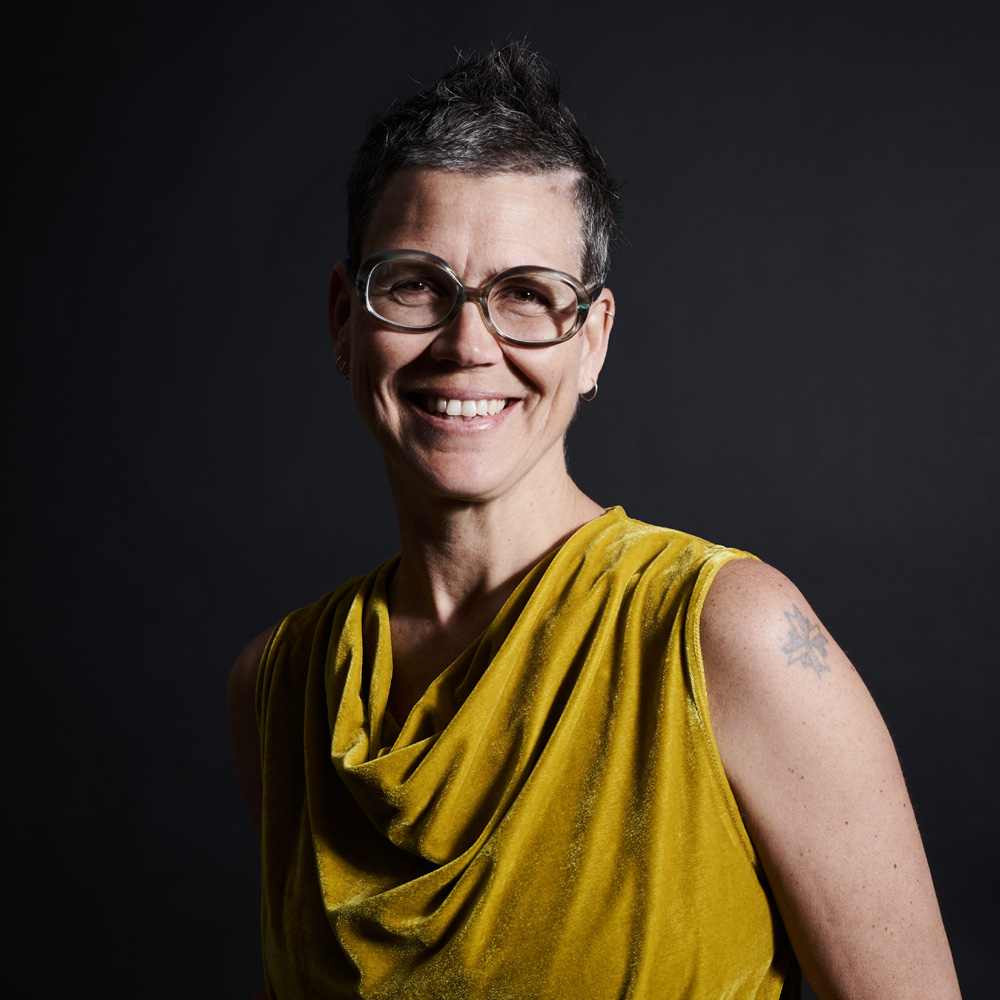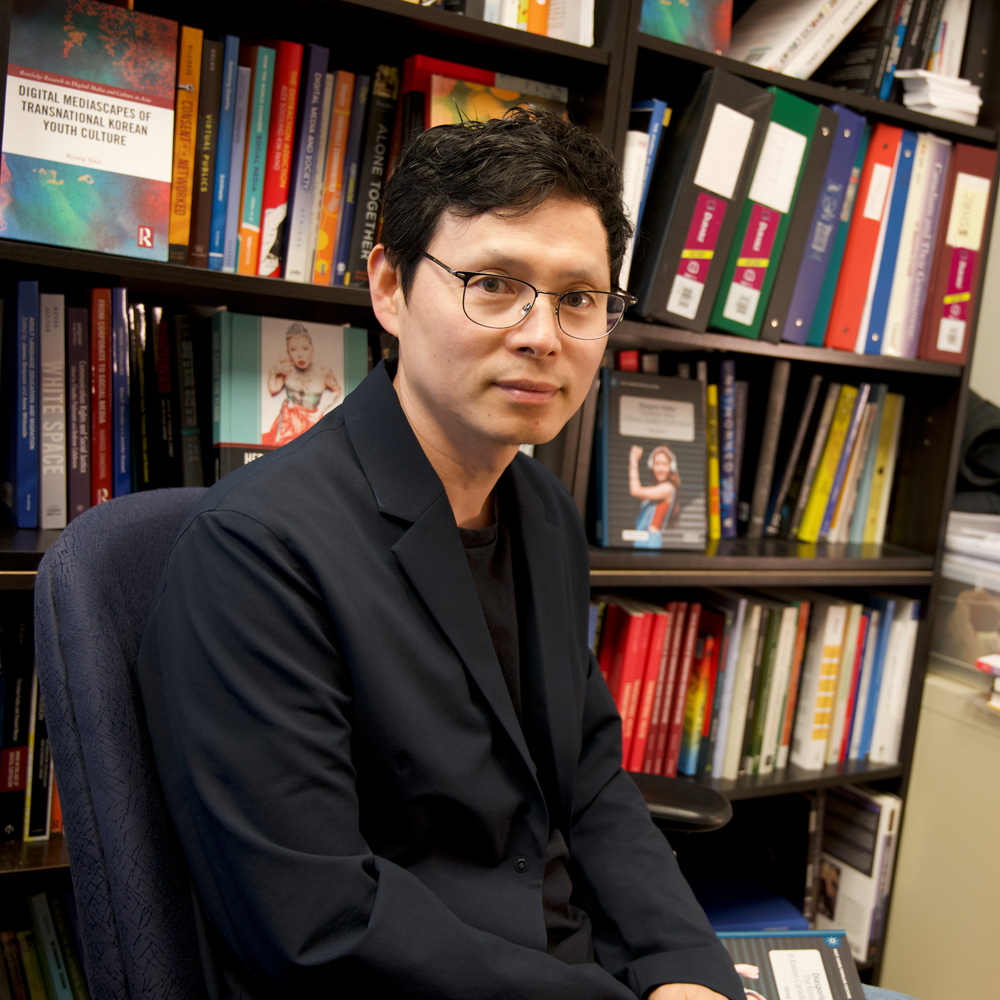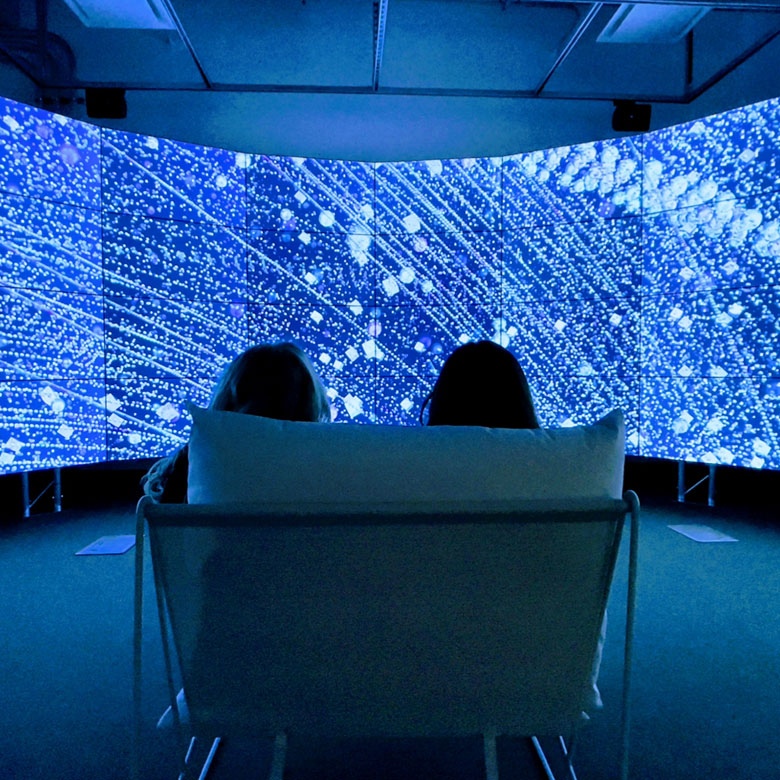What We Do
Our mission is to undertake research and creative activity of the highest caliber. We are strongly committed to the continued development of a Fine Arts and Humanities-based intellectual culture on the UBC Okanagan Campus and in the surrounding region.
Our Faculty are nationally recognized, and highly regarded, leaders in creative and critical scholarship encompassing diverse historical and contemporary experiences and perspectives. We have specialized expertise in Digital Arts and Humanities, World Literature, Literary Studies, Cultural Studies, Ecocriticism, Global Art History, Visual Arts, Performance, Indigenous Arts, Media Studies and Creative Writing.
We have four Canadian Foundation for Innovation funded research Centres in the Faculty along with two research Labs. Many of our Faculty members hold active Social Science and Humanities Research Council grants and benefit from Arts Council funding at civic, provincial and federal levels.
Centres & Labs
The AMP Lab houses projects that engage in the work of the humanities–adding value to cultural artifacts through interpretation and analysis–in a digital context. Broadly, all AMP Lab projects investigate code as a sustainable medium for representing cultural history. The stakes are high, as the development of sustainable, robust humanist data shapes what both scholars and the general public can know about digitized cultural history.
The Centre for Culture and Technology (CCT) was established in 2011 by FCCS professors Aleksandra Dulic and Stephen Foster to promote research that brings together art and science to develop a critical awareness of the dynamic relationship between culture and technology. As a laboratory engaged in innovative research, the CCT aims to develop content, artwork and services, support innovation processes, expand new knowledge transmission strategies for cultural expression, and communicate cultural knowledge to audiences across a range of age groups and cultures.
The Critical Future Studio/Lab (CFS/L) is a CFI funded space, led by Dr. Megan Smith, is a creative studio that enables the production of innovative environmental experiences within digitally augmented spaces. The space will house future-orientated research on the themes of culture, the environment, public safety & security, and health. The CFS/L will be equipped with a combination of Maker tools, experimental technologies and cutting-edge devices in the field of augmented (AR) and virtual reality (VR) development.
The CFS/L is located in the new Innovation Annex Building.
The Canadian Foundation for innovation published this article about Megan Smith’s research and space, ‘Transforming dry data into Instagrammable art‘.
The FEELed Lab is a feminist environmental humanities field research lab with the goal of creating a hub for researchers, students and community members who share common interests in environment and sustainability issues, specifically from feminist, queer, anti-colonial and disability justice perspectives.
Dr. Astrida Neimanis is the FEELed Lab Director & Canada Research Chair in Feminist Environmental Humanities here at UBC Okanagan.
The FEELed Lab is located at the Woodhaven Eco Culture Centre.
The (Re)Media Lab is a CFI funded space, led by Dr. Emily Murphy. In this physical space, Murphy will continue her research that marries the study of cultural history and embodied methods in media.
The (Re)Media Lab is located in the new Innovation Annex Building.
The Research Studio for Spaces and Things (RSST) is an open platform for research and creation in the field of visual arts. The Studio is a transdisciplinary environment dedicated to the production and the presentation in 2D arts (drawing, painting, photography), 3D arts (installation, sculpture, design, architecture) and time-based practices (audio, video, performance). It will gather practitioners working across genres, disciplines and techniques. Contact: samuel.roy-bois@ubc.ca.
Site/ation studio is a CFI funded research-creation space, led by Tania Willard, that uses collaborative creative practice as a methodology to acknowledge advocate and advance Indigenous land-based knowledges through creative making. Projects will include a focus on Interior Salish basketry, the Indigenous art Intensive and projection based work among other research activities. The ‘Site/ation Studio’ describes the ways that land, as a basis for Indigenous knowledge, can be a site of knowledge production and knowledge transfer equal to the value of academic text-based citations.
The Site/ation studio is located in Portable A (near University House) along with Indigenous outdoor education space.
The Sonic Production, Intelligence, Research, and Applications Lab (SPIRAL) is a CFI funded space, led by Dr. Miles Thorogood, that explores simulating the creative process in sound design to develop state of the art models and algorithms for developing new computational tools used in workflows in the video game, animation and virtual reality industries – increasing productivity of current pipelines and attracting companies and workers to further the economic growth coming from these industries.
Dr. Miles Thorogood will focus on the development of the next generation of A.I. computer-assisted tools for sound design production in the growing field of video games and virtual reality.
SPIRAL is located in the new Innovation Annex Building.
The Woodhaven Eco Culture Centre is located in the Woodhaven Nature Conservancy Regional Park –29.8 hectares that the Regional District of Central Okanagan has designated for conservation of wild animals and their habitat. It is part of a vital wildlife corridor along Bellevue Creek which flows down from Myra Bellevue Provincial Park.
Through an agreement with the Regional District, FCCS manages a large heritage home with three self-contained apartments, providing opportunities for graduate students from FCCS to live during the academic year, and a place for visiting artists and scholars to stay during the summer months. There is a small Studio Cabin on the property that is an ideal place to hold seminars, small retreats, art projects, events, and meetings.
The Woodhaven Eco Culture Centre is located at 969 Raymer Road, and is in a vital wildland corridor along Bellevue Creek which flows down from Myra Bellevue Provincial Park.
Faculty Awards
Our faculty members are committed to recognizing outstanding and significant contributions to research, teaching and community engagement. Find out more about our award-winning colleagues.
Project Highlights
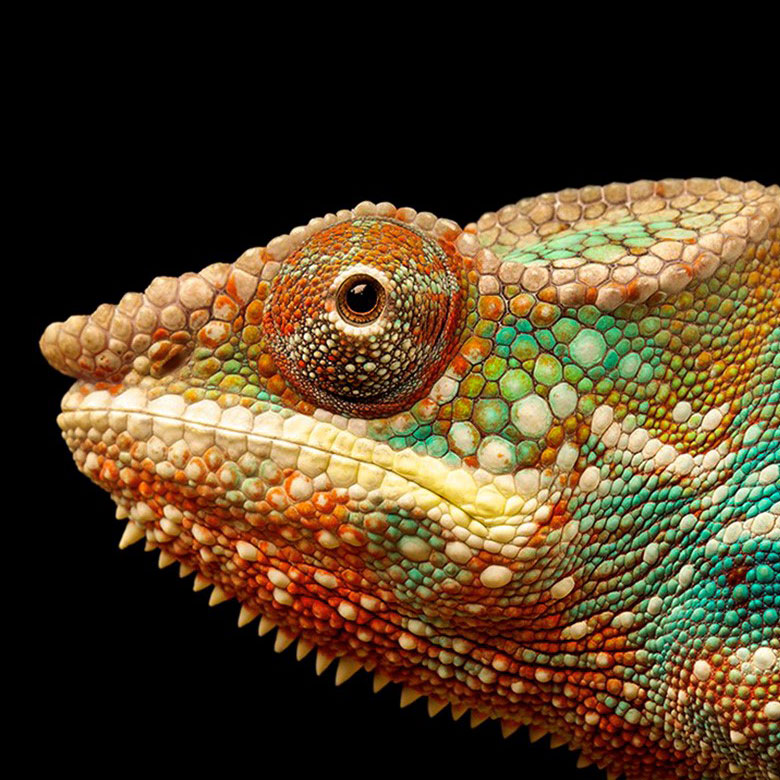
Post-Anthropocentrism & Critical Animal Studies Research Group
The Post-Anthropocentric and Critical Animals Studies Research Group [PACAS] is a network of activists, scholars, artists and writers who are invested in anti-speciesist and social justice research that advances human knowledge to improve nonhuman animal lives. PASCAS is supported by a UBC Okanagan-Exeter Excellence Catalyst Grant.
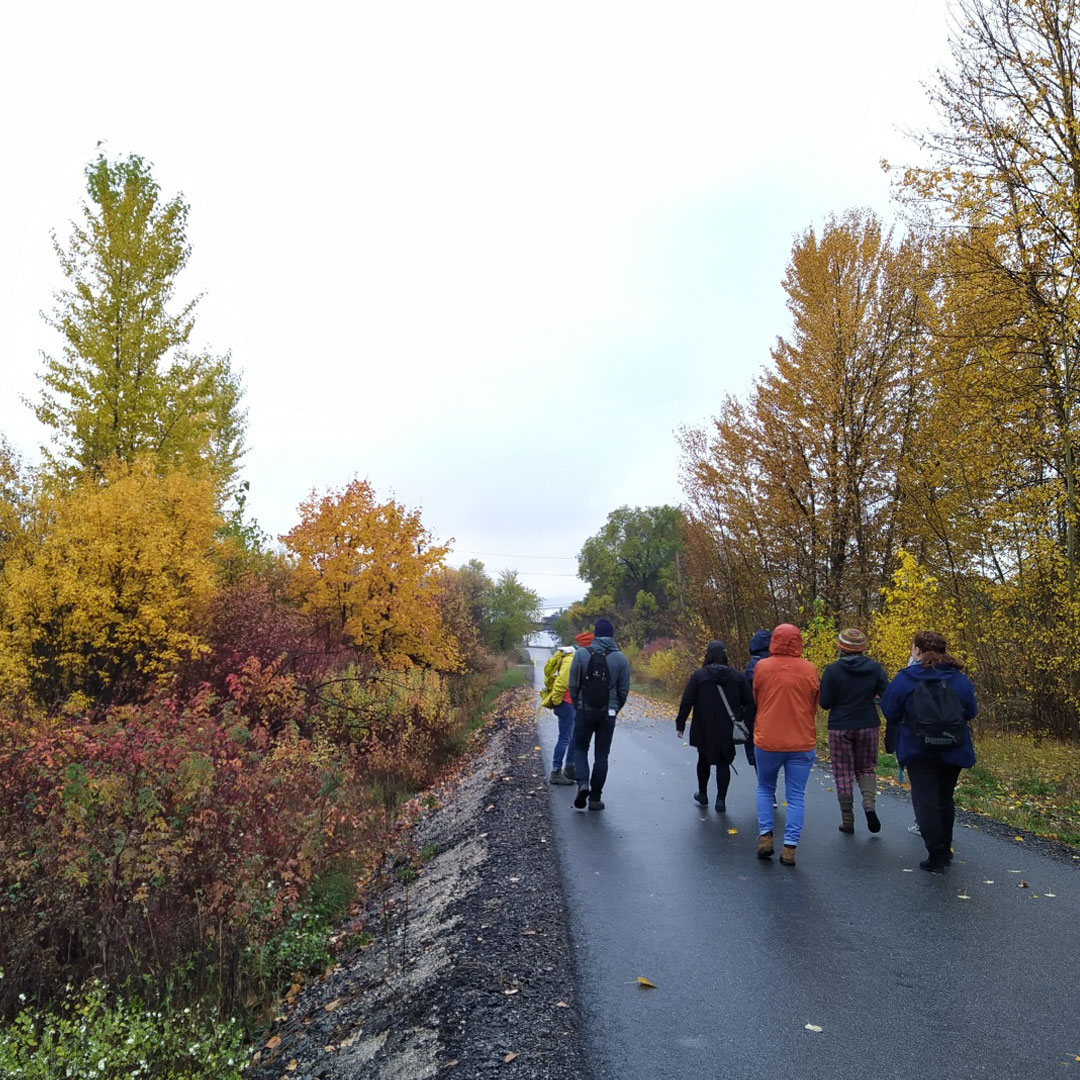
FEELed Lab
The FEELed Lab is a feminist environmental humanities field research lab with the goal of creating a hub for researchers, students and community members who share common interests in environment and sustainability issues, specifically from feminist, queer, anti-colonial and disability justice perspectives. This project is led by Dr. Astrida Neimanis.
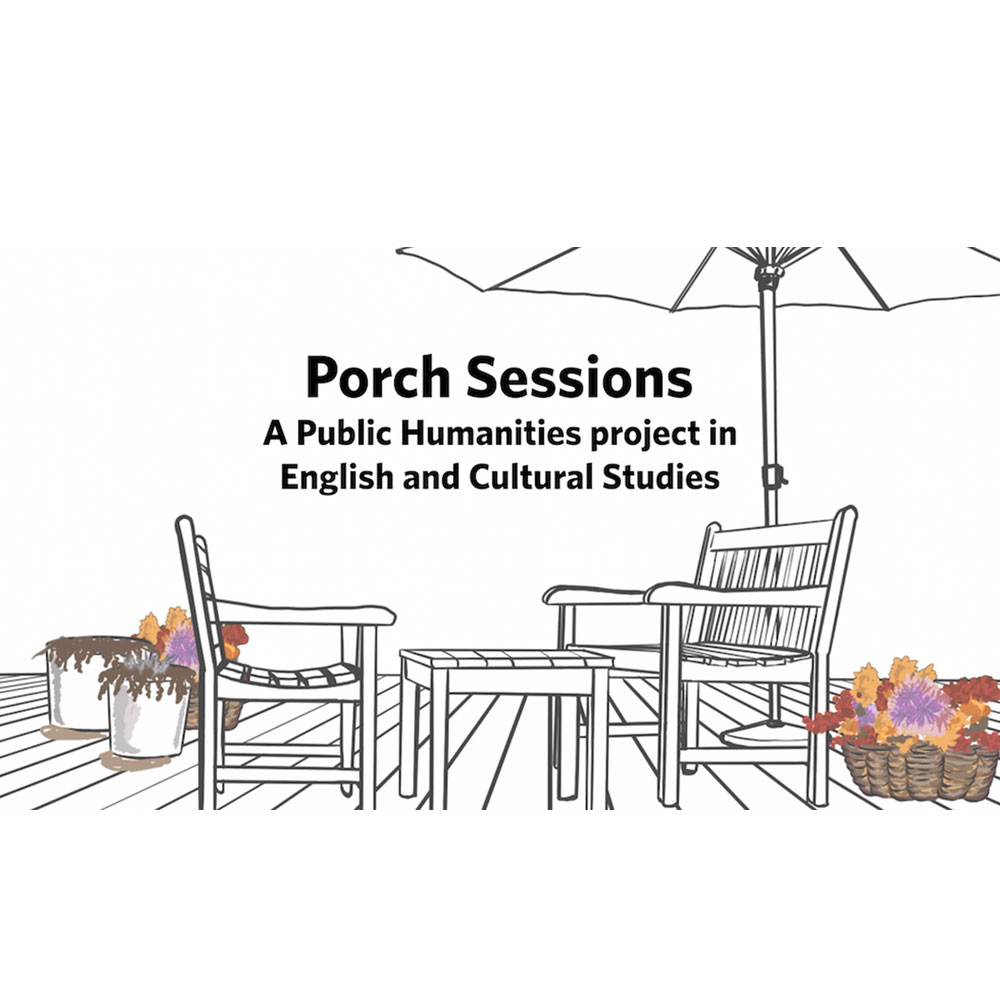
Porch Sessions
Porch Sessions are casual discussions of the publications and research work by our faculty in the Department of English and Cultural Studies. The interviews are open ended conversations to share our work more broadly with our students, their parents and the public. Find out more…
Featured Publications

Jennifer Gustar
Ludics and Laughter as Feminist Aesthetic: Angela Carter at Play responds to this lacuna in Carter criticism. This international collection of eleven essays from acclaimed Carter scholars and emerging voices in the field of Carter studies seeks to reclaim play as a serious undertaking for feminist writing and scholarship and to foreground laughter as a potent affect.
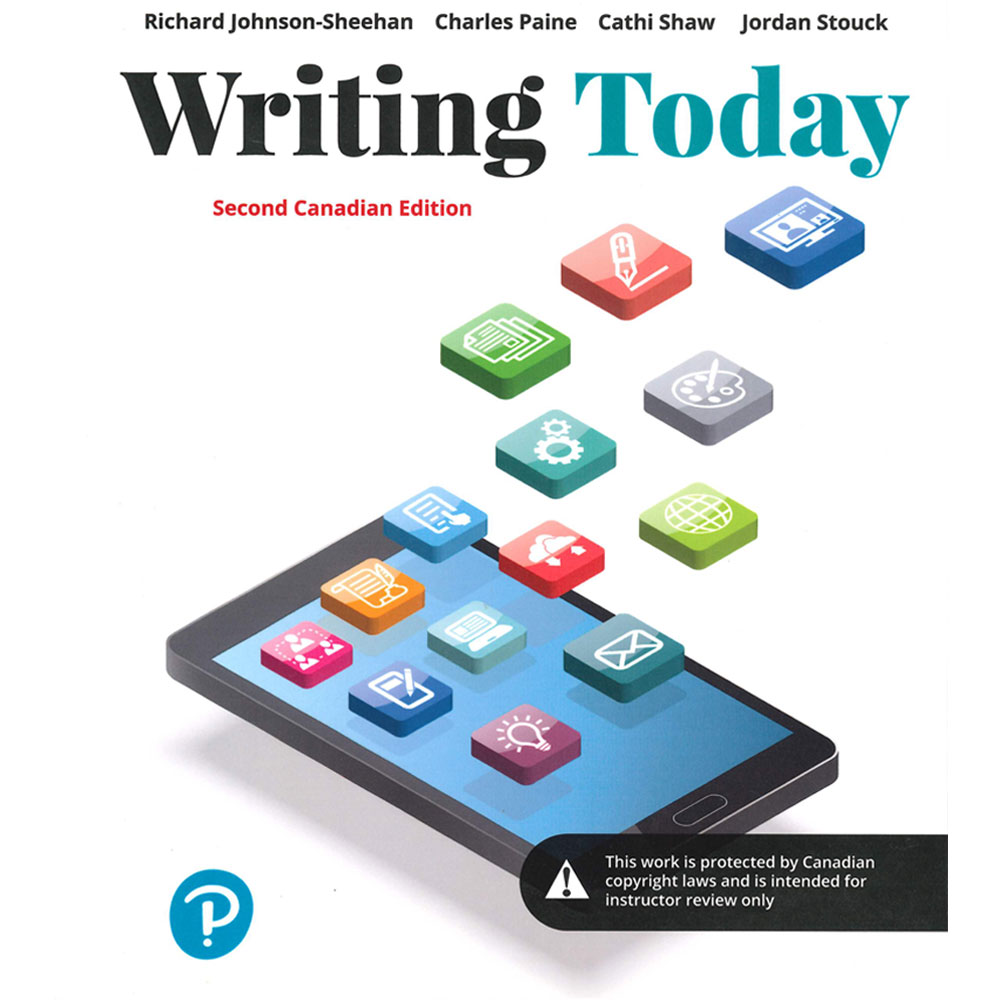
Jordan Stouck
Writing Today offers students the comprehensive and detailed instruction they need using a highly-praised, interactive writing style that reflects the way they read and learn: instruction is succinct; key concepts are immediately defined and reinforced; paragraphs are short and supported by instructional visuals.
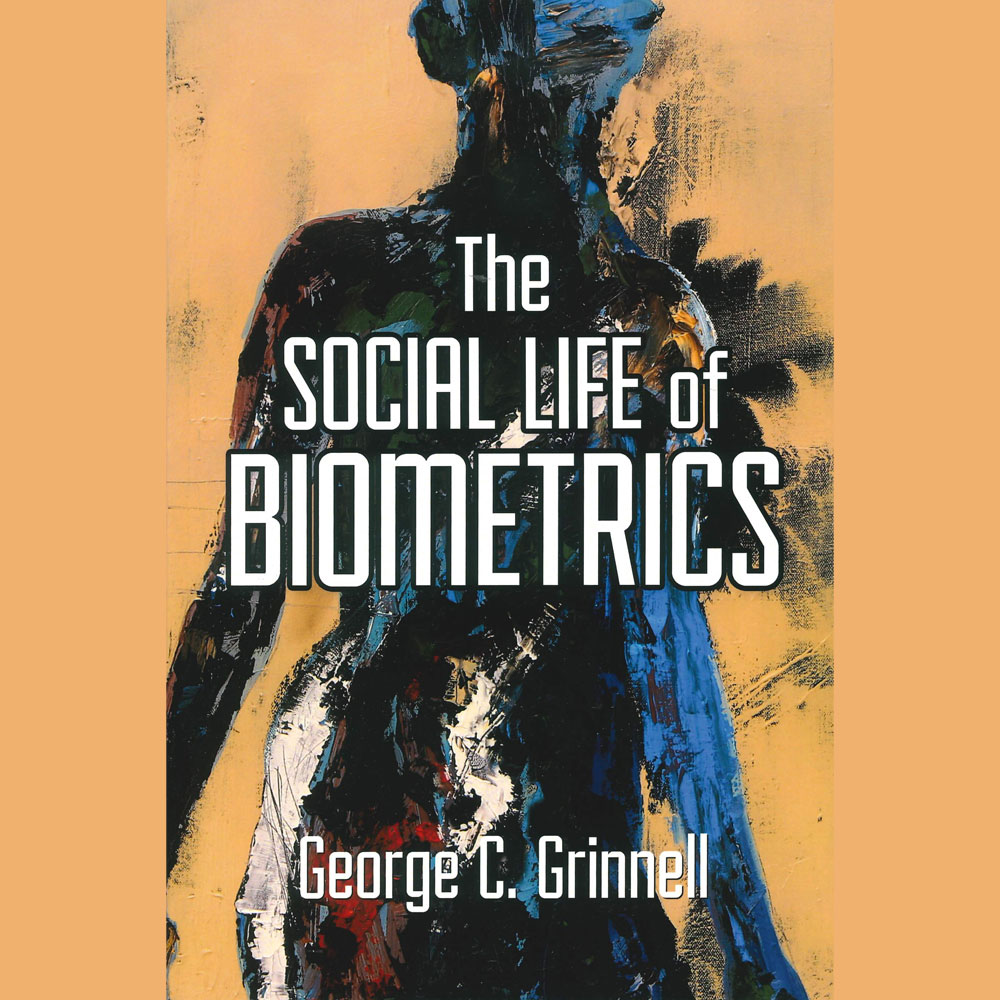
George Grinnell
In The Social Life of Biometrics, biometrics is loosely defined as a discrete technology of identification that associates physical features with a legal identity. Dr. Grinnell considers the social and cultural life of biometrics by examining what it is asked to do, imagined to do, and its intended and unintended effects.
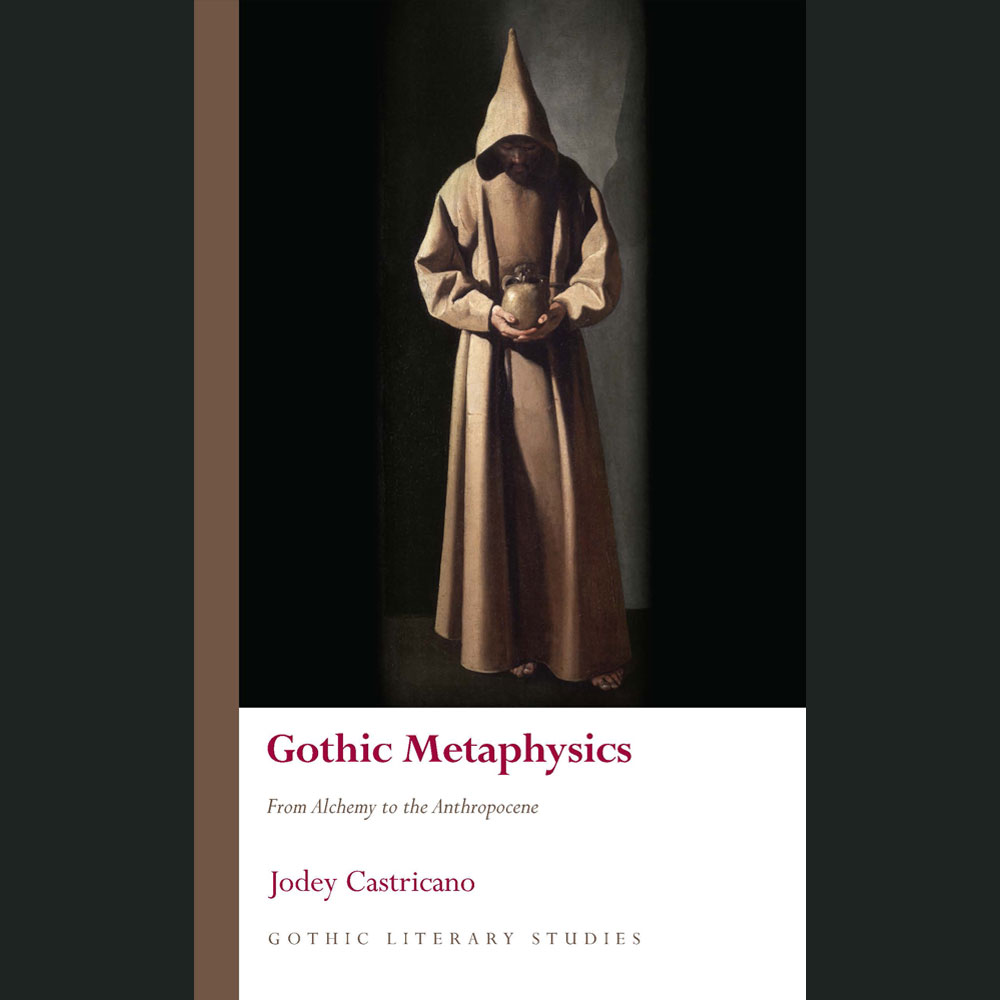
Jodey Castricano
Gothic Metaphysics: From Alchemy to the Anthropocene, aims to explore our modern dilemma in the time of the Anthropocene, by bringing to light the role of Gothic since its inception in 1764 in holding space for a worldview familiar to certain mystical traditions – such as alchemy, which held to the view of a living cosmos yet later deemed ‘uncanny’ and anachronistic by Freud.
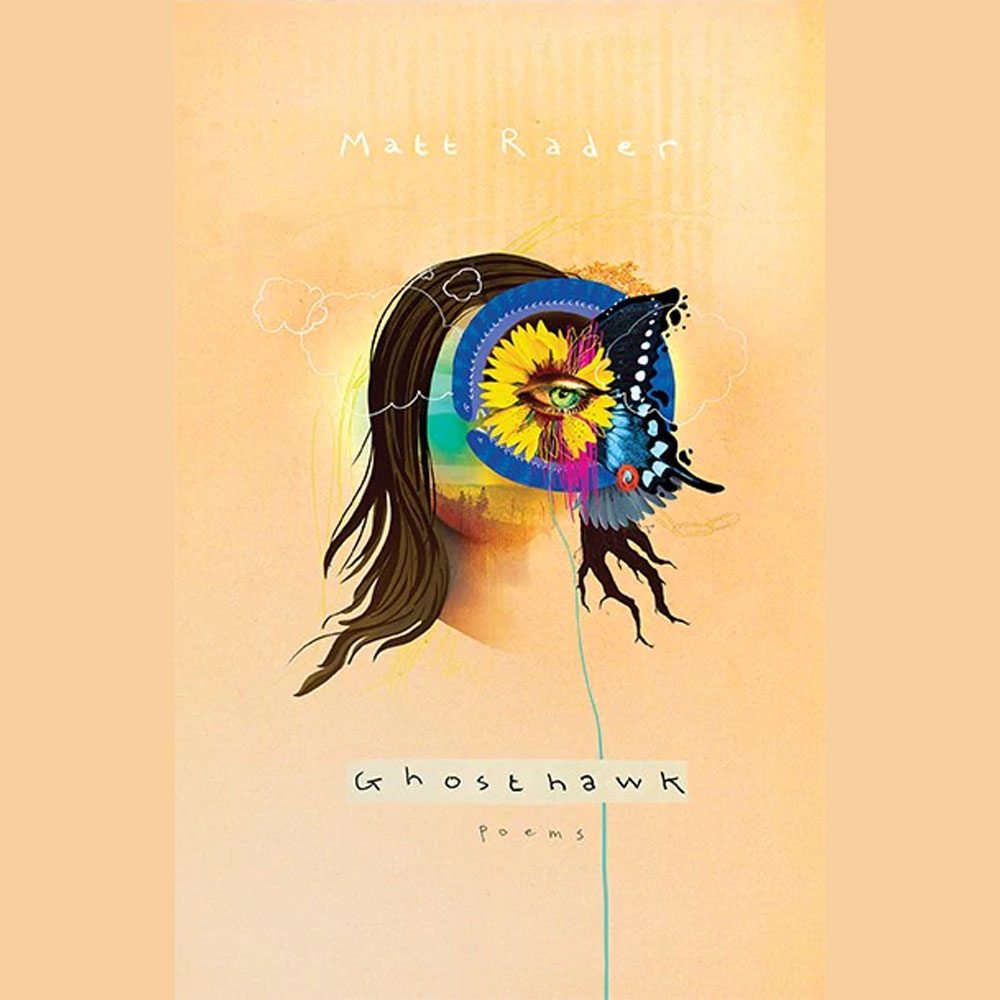
Matt Rader
Ghosthawk is a guidebook of imagination from grasslands to star fields to the weather of the poet’s body.
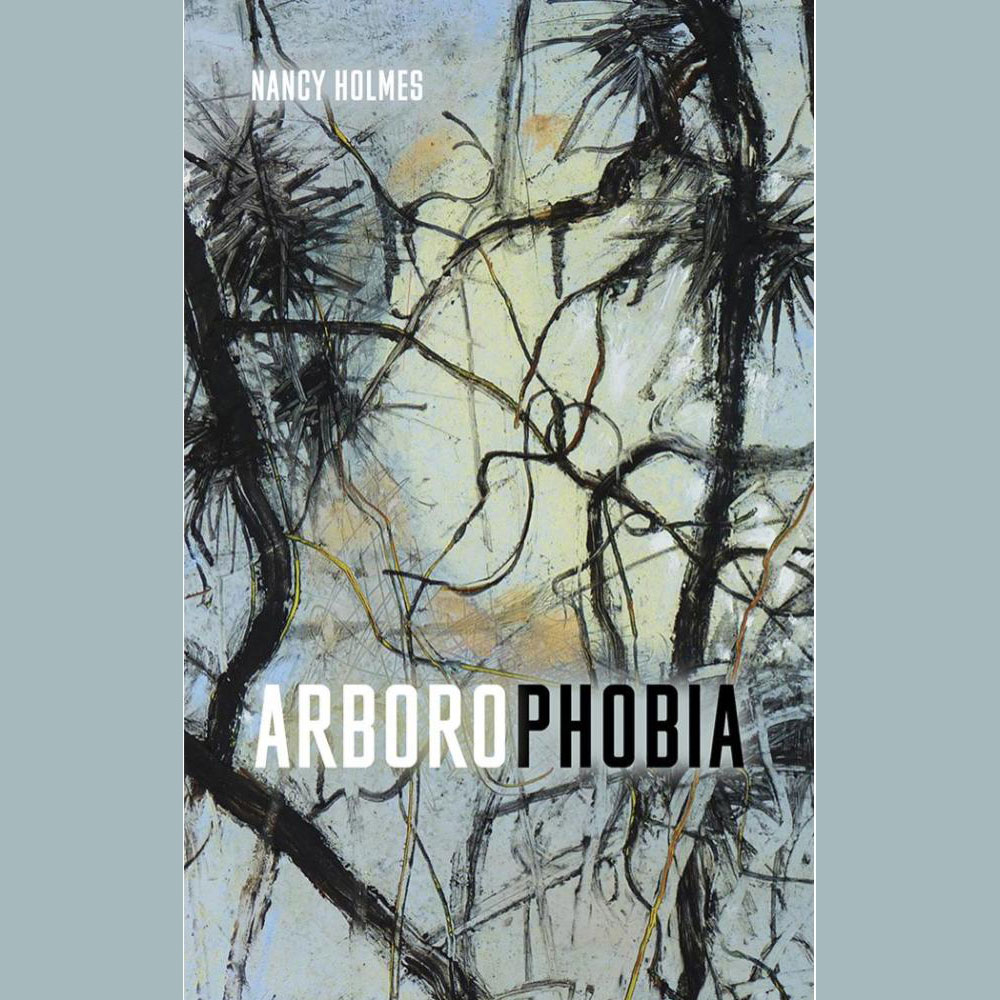
Nancy Holmes
Arborophobia, the latest collection by award-winning poet Nancy Holmes, is a poetic spiritual reckoning. Its elegies, litanies, and indictments concern wonder, guilt, and grief about the journey of human life and the state of the natural world.
